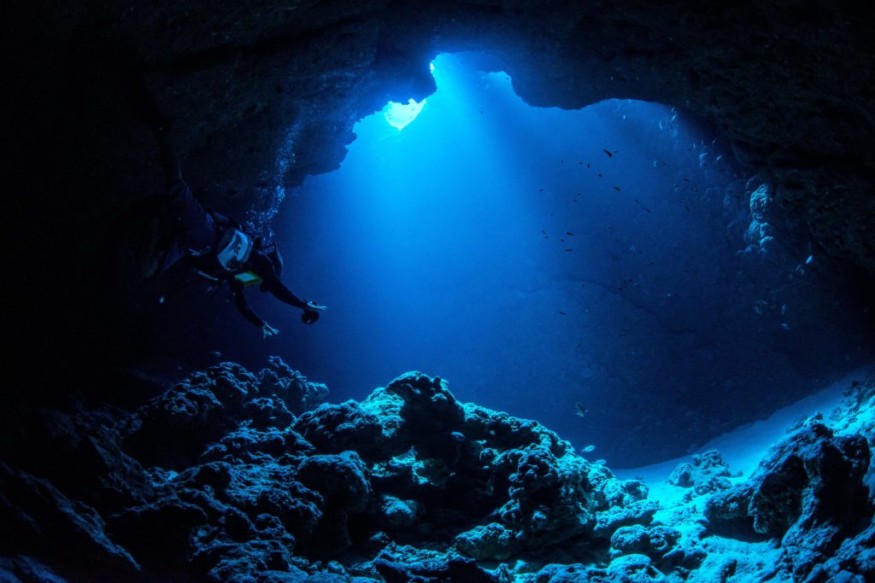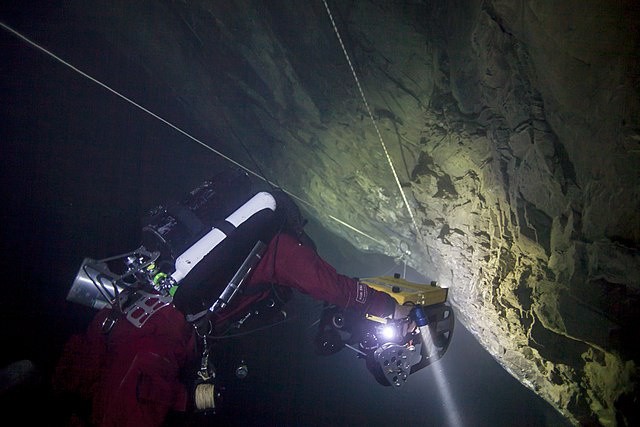The positioning of continents, a previously unrecognized element, contributes to the oxygenation of Earth's waters.
Moving continents may ultimately have the reverse result, killing most deep-sea animals.

Continental Drift
According to Andy Ridgwell, a geologist at the University of California, Riverside, via SciTechDaily, "Continental drift appears so sluggish, like nothing terrible could come from it, but when the ocean is primed, even a seemingly insignificant event might spark the widespread extinction of marine life."
Ridgwell co-authors recent research on factors influencing marine oxygen.
The ocean's surface water lowers as it gets colder and denser as it gets closer to the north or south pole. As the water lowers, oxygen from the planet's atmosphere is carried to the ocean floor.
Absorbing Nutrients
When organic matter sinks, nutrients released from it eventually return to the ocean's surface, feeding plankton development.
The enormous variety of fish and other creatures seen in today's oceans is sustained by the continuous flow of oxygen to lower depths and the organic matter created at the surface.
According to a recent study, this oxygen and nutrient circulation can abruptly stop.
The scientists looked at whether the placement of tectonic plates affected how the ocean circulates oxygen using sophisticated computer models.
They were taken aback to learn that it does.
The journal Nature described this discovery made by scientists at UC Riverside.
"The entire global ocean circulation appears to occasionally shut down many millions of years ago, not long after animal life in the ocean started," said Ridgwell.
"We did not anticipate discovering that the migration of continents may cause surface waters and oxygen to stop sinking, potentially impacting how life developed on Earth."
Biological Models

Until recently, very straightforward models that did not consider ocean circulation have been used to look into how marine oxygen has changed over the previous 540 million years.
These models assumed a decline in atmospheric oxygen concentrations during periods of ocean anoxia or the absence of oceanic oxygen.
According to Alexandre Pohl, the study's lead author and a former paleoclimate modeler at UCR who is now at Université Bourgogne Franche-Comté in France, "scientists traditionally considered that shifting oxygen levels in the water primarily reflected comparable oscillations in the atmosphere."
Scientists "traditionally assumed that altering oxygen levels in the sea mostly reflected equivalent oscillations in the atmosphere," according to Alexandre Pohl, the study's lead author, and a former paleoclimate modeler at UCR who is now at Université Bourgogne Franche-Comté in France.
This separation caused the seabed to lose oxygen, except for shallow areas along the shore, for tens of millions of years until the beginning of the Silurian epoch around 440 million years ago.
Anything that couldn't swim closer to the surface and the oxygen that was still there in the atmosphere would have perished if circulation had collapsed, according to Ridgwell.
Fish with strange appearances, enormous worms and crustaceans, squid, sponges, and other creatures inhabit the depths.
Possible Exemptions
The research does not address if and when Earth might anticipate a similar occurrence in the future.
It might be challenging to pinpoint the exact moment or cause of a collapse.
However, existing climate models show that rising temperatures would impair ocean circulation, and some even show that the branch of the circulation that begins in the North Atlantic will eventually collapse.
Ridgwell stated that a better resolution climate model would be required to forecast a catastrophic extinction catastrophe.
"Having said that, there are indications that water flow to depth is decreasing, and we worry about water circulation in the North Atlantic today."
Related Article : One of the World Largest Mass Extinctions May Have Been Triggered by Volcanic Winter
For similar news, don't forget to follow Nature World News!
© 2025 NatureWorldNews.com All rights reserved. Do not reproduce without permission.





